When you have come into the land that the Lord your God is giving you as an inheritance to possess, and you possess it, and settle in it, you shall take some of the first of all the fruit of the ground, which you harvest from the land that the Lord your God is giving you, and you shall put it in a basket and go to the place that the Lord your God will choose as a dwelling for his name. You shall go to the priest who is in office at that time, and say to him, "Today I declare to the Lord your God that I have come into the land that the Lord swore to our ancestors to give us." When the priest takes the basket from your hand and sets it down before the altar of the Lord your God, you shall make this response before the Lord your God: "A wandering Aramean was my ancestor; he went down into Egypt and lived there as an alien, few in number, and there he became a great nation, mighty and populous. When the Egyptians treated us harshly and afflicted us, by imposing hard labor on us, we cried to the Lord, the God of our ancestors; the Lord heard our voice and saw our affliction, our toil, and our oppression. The Lord brought us out of Egypt with a mighty hand and an outstretched arm, with a terrifying display of power, and with signs and wonders; and he brought us into this place and gave us this land, a land flowing with milk and honey. So now I bring the first of the fruit of the ground that you, O Lord, have given me." You shall set it down before the Lord your God and bow down before the Lord your God. Then you, together with the Levites and the aliens who reside among you, shall celebrate with all the bounty that the Lord your God has given to you and to your house.
The relationship of power in scenes of sacrifice is interesting. God, the provider of abundance, requires the return of the spoil. But he does not need it. The food, the fruit, the wealth of the earth is given back to God who does not hunger or thirst; nor does he have a body that needs nourishment. But the “gift of thanksgiving” is presented, left to rot on the table of the All Powerful while the hungry and the alien are required to celebrate the bounty of the Lord. Are the cries of the hungry indistinguishable from the celebrations of the satisfied?
Perhaps I should not be so cynical. Perhaps Yahweh knows the heart of man, that it is prone to boasting. Man needs a constant reminder that it is a creature dependent. I am a man, a product of earth and spirit, light and darkness, the relationships of my past, present and future, sound and taste and sensations of my body, food and drink, geographical location, thoughts and learning and new thoughts, the progeny of past parents innumerable. Remove any of these things or any other variables unmentioned that make my existence contingent and I cease to be myself. Pride is a disease that blinds and isolates; it systematically eliminates the variables necessary for being until nothing but the self remains. Sometimes I think just being myself would be better. A being unhindered, unattached, contingent upon nothing. Yet, as the necessary is jettisoned - family, friends, dreams, history, memory, feeling, tasting, seeing - darkness slowly closes in until finally there is nothing, not even Me. The feeling of protest that arises when we leave perfectly edible food on the table of a God who does not need it, banishes the fiction that we can be truly independent. And so we maintain a practice of humility; we hold our contingency in our hands and lay it before God and walk away knowing that the individual alone does not determine its existence. At any time, non-existence can just as easily impose itself as existence and we have no power to stop it.
But humanity offering God necessities as a show of humility and dependence is not the only activity that occurs at the altar - God appears before us with a sacrifice of his own. The Eucharist is perhaps an example of the most confounding element of the Christian religion. Here, the relationship of power and dependence is reversed; God provides the offering, man receives. The type of offering should be noted. Man brings offerings that merely represent elements of their dependence - a portion of the things upon which man depends for life. But God provides a singularly powerful offering and sustenance: his very own body. This is a sacrifice that can only occur once. God has only one body, and it is given to us week after week. God’s existence as God seems to have no importance to him; more important is providing himself to his creation, an act of humiliation that will never be matched. Yet we may try. Sometimes I kneel at the altar and stare at my cupped hands, awaiting the moment when God provides a portion of himself to me. When I give of myself to other people, this act reminds me that I am dependent in some way on them; that without them, a part of me would not exist, I would not exist. Is it the same between God and us? God voluntarily suffers the humiliation of being consumed by his creation every week, is this willingness to provide motivated by a sense of need? Does God remind himself that in providing himself to us, we are necessary for God’s existence?

